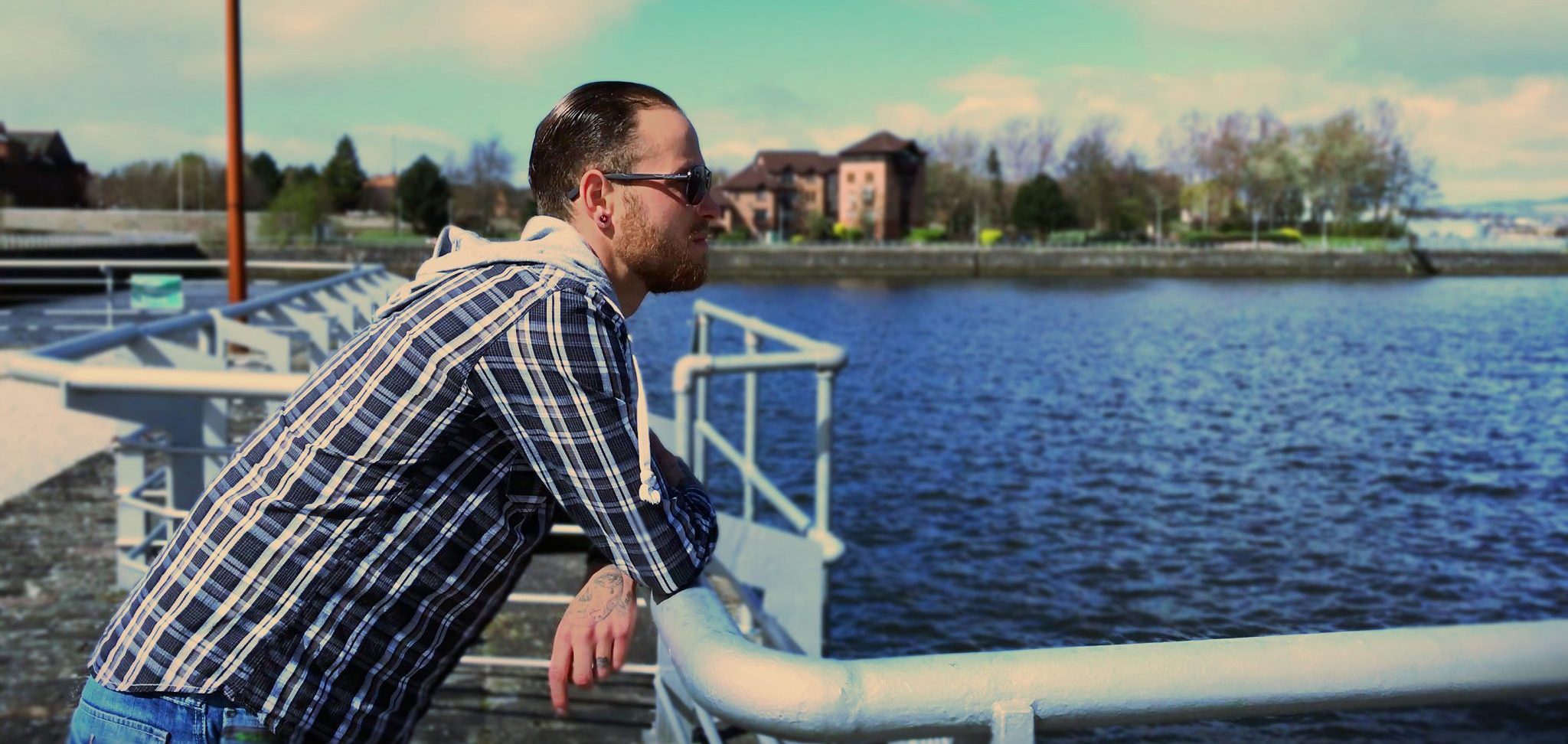
In his films, Andrew talks about how he heard that his father had suffered a cardiac arrest and his father’s subsequent hospital admission. Andrew’s dad was in the intensive care unit, on life support, before the family had to make the difficult decision to withdraw this. Andrew explains what it was like for the family waiting for his father to die and discusses the different ways his death impacted on family members. He discusses how he became concerned about his own physical health and how he dealt with the psychological effects of losing his parent, including becoming involved in fund-raising for defibrillators in his local town.
In this film, Andrew recounts what happened when his father had his OHCA. His father became unwell at night, while in his bed. Initially, Andrew’s mum thought he was having problems because of his diabetes but, once she realised that he had stopped breathing, she phoned emergency services and started CPR. Andrew found out what had happened when he was phoned at home. He was very shocked because, although his father had previously had a heart attack and had diabetes, he had been quite healthy and fit. Andrew rushed to the local hospital to be with his father. Due to his condition, his father was transferred to the nearest specialist heart centre, in Glasgow. Andrew’s mum blames herself for not starting resuscitation earlier but Andrew is grateful for what she did, as it gave him a chance to say good-bye to his father while he was still alive.
Andrew reflects on what it was like when his father died. Due to his serious condition, Andrew’s father was put on a life support machine in the intensive care unit. His condition did not improve and his family had to take the sad decision to withdraw treatment. Andrew’s mother stayed with her husband until he died, several hours later, but Andrew and the rest of family said their goodbyes before he died. Andrew kept himself to himself after his father’s death. The family are very close and spent a lot of time together but Andrew was very conscious of not upsetting anybody. He feels that everybody deals with bereavement differently and talks of the fine balance between being there for other family members but not intruding on their grief.
Andrew talks about the lack of formal support and advice the family received following his father’s death. He feels it would have been helpful to have been told about the different options that might have supported them and suggest some of the things that would have helped him deal with his loss.
In this film, Andrew tells us about the impact that his father’s death had on his own health. He became very anxious, particularly when in bed at night, as that is when his father had his OHCA. He felt physically as if he was having a heart attack, even though he knew this was not the case. As well as having problems sleeping, he also suffered heart palpitations caused by the anxiety. He did not seek help for this or tell his family, in case he upset them. He was offered counselling at one stage but turned this down as he wanted to cope on his own. Tablets prescribed by the GP made him very tired, so he stopped taking them. Eventually, Andrew found that writing things down helped him to come to terms with his father’s death. He could write down his thoughts and feeling without upsetting any of his family. This writing has turned in to a way of Andrew fund-raising for money to provide Public Access Defibrillators (PADs) in his local community. He has written about his experiences of cycling from Land’s End to John o’Groats and turned this in to a book which he sells for charity.
Mental Health & Wellbeing
Relaxation
Practical issues when someone dies
Bereavement
Please answer each of the following questions. All results are completely anonymous and used for quality assurance purposes only.